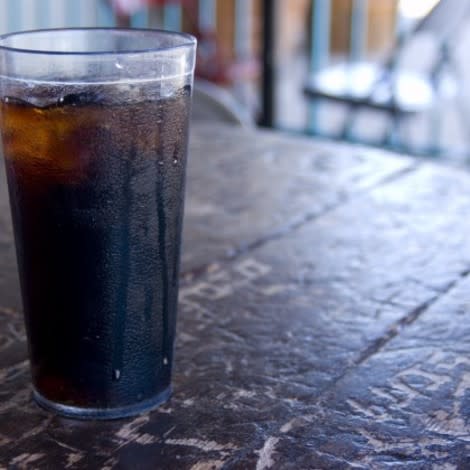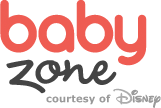Drinking Soda Linked to Behavioral Problems in Kids

The study, by researchers at Columbia University, the University of Vermont and the Harvard School of Public Health, followed nearly 3,000 five-year-olds in 20 large U.S. cities. The children's mothers reported on their soft drink consumption and also assessed their behavior through a checklist provided by researchers.
More than 40 percent of the moms reported that their children consumed at least one serving of soda per day, with another four percent consuming at least four servings per day.
Related: 8 healthier alternatives to common toddler snacks
Researchers found that aggression, withdrawal and attention problems were all associated with soda consumption. Children who drank four or more soft drinks per day were more than twice as likely to destroy things, get into fights and physically attack people. They also had more trouble paying attention and acted withdrawn more often.
"We found that the child's aggressive behavior score increased with every increase in soft drinks servings per day," said Dr. Shakira Suglia, of Columbia's Mailman School of Public Health.
Researchers controlled for other factors that could contribute to poor behavior, such as how much television children watched, their consumption of sweets, and whether their fathers were incarcerated, but the link between soda consumption and behavioral problems still held.
In a report published in The Journal of Pediatrics, researchers conceded that they couldn't identify "the nature of the association between soft drinks and the problem behaviors" but suggested that the ingredients in highly processed sodas -- particularly caffeine -- may affect behavior.
They also questioned whether "underlying organic" conditions have could played a role in their findings, such as low blood sugar, which "could lead children both to want soda and to be aggressive or withdrawn."
The American Beverage Association, in response to the study, said it was "a leap to suggest that drinking soda causes these or any other behavioral issue" and noted the study's limitations.
The association, which represents Coca-Cola and PepsiCo along with other beverage companies, also stressed that it and its members "do not promote or market the consumption of soft drinks to children in the age group examined in this study."
Marketing strategies aside, children even younger than five have been known to consume soft drinks. A 2009 report by ABC News uncovered the problem of tooth decay in children as young as 2 in Central Applachia, where the decay is blamed on the excessive consumption of soda -- sometimes through children's sippy cups -- and is often referred to as "Mountain Dew mouth." (Following the report, PepsiCo, the maker of Mountain Dew, said it would work to recruit more dentists to the region and also help a dentist already treating patients there.)
While the Columbia soda study may lead some parent to decide to leave soft drinks off their grocery lists for good, some say that moderation for adults and a "just say no" attitude toward kids may be a more practical answer.
"I don't plan on giving up my occasional Cherry Coke anytime soon just because I have kids and I sure as heck shouldn't have to hide it, " California mom and Babble blogger Lori Garcia wrote in a recent post. "Our job as parents is to provide kid-friendly beverages outside of soda to offer our thirsty kids. Will our kids continue to ask for soda when they see it in the fridge? You bet, but guess what? The answer will be no. Cry about it, whine about it, keep asking - the answer will still be no."
-By Alice Gomstyn
For 10 healthy foods to get your toddler hooked on NOW, visit BabyZone!
MORE ON BABYZONE
Shhh... 16 sneaky ways to get kids to eat healthier
5 top toddler feeding issues... solved!
10 easy ways to teach Baby to eat healthy

